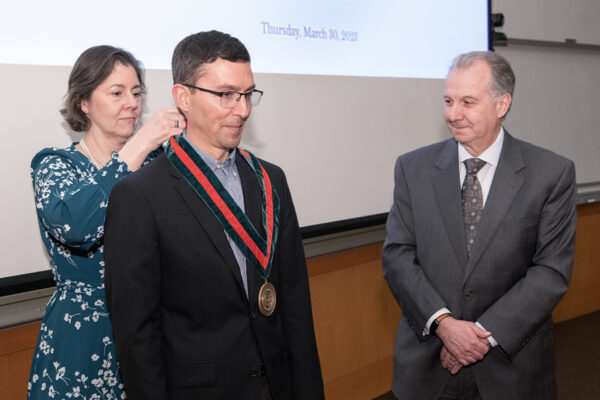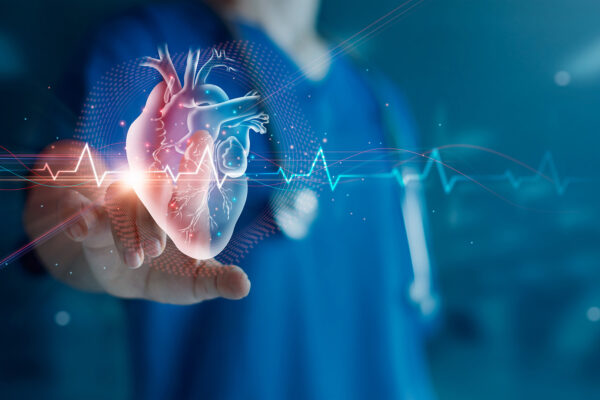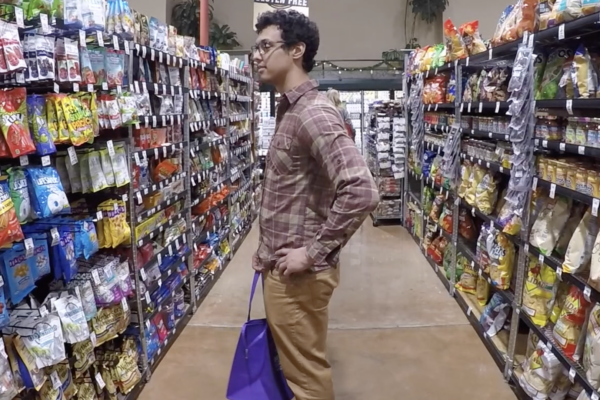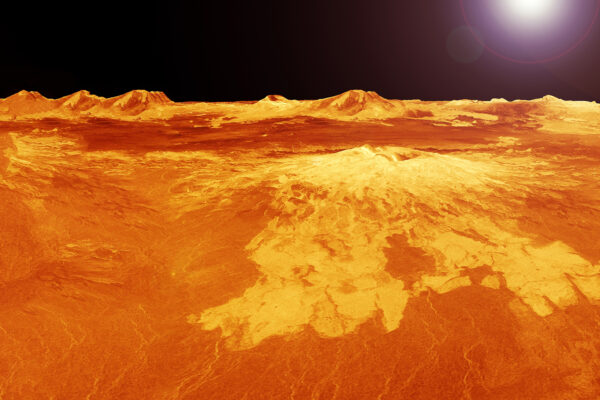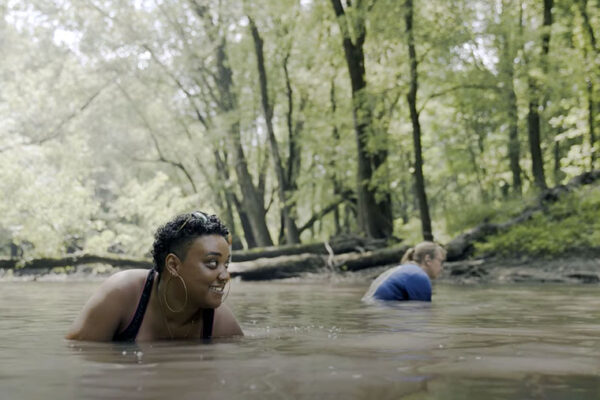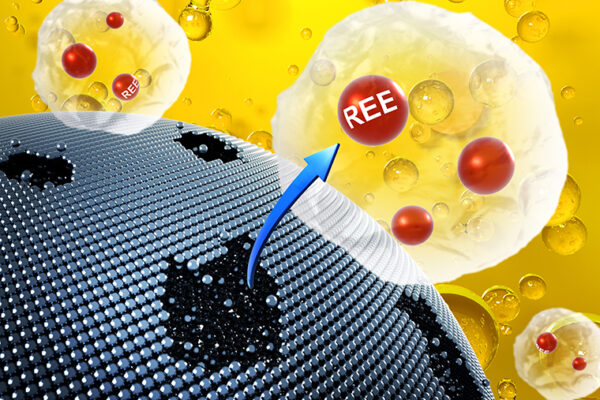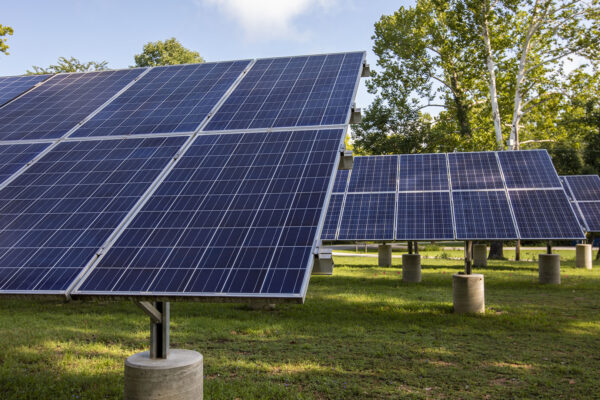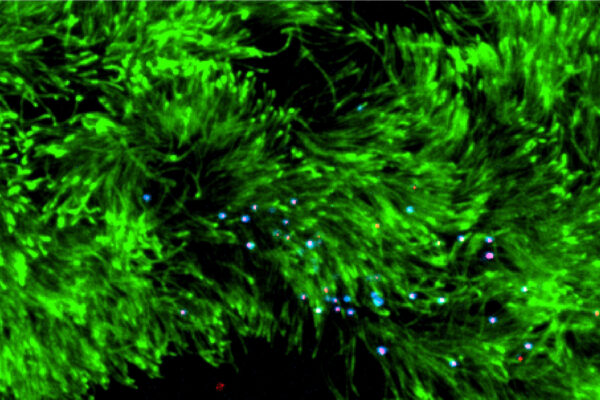A cat’s-eye view of one of the most beloved pets
In “The Science of Cats,” a course for senior biology majors, WashU students use what they’ve learned about evolution, ecology and behavior to get to know one of the most popular pet animals in America.
Randall Martin named Raymond R. Tucker Distinguished Professor
Randall V. Martin, a world-renowned expert in atmospheric composition at the McKelvey School of Engineering, has been named the Raymond R. Tucker Distinguished Professor at Washington University in St. Louis. He was installed March 30 at a ceremony in Brauer Hall.
Small proteins in heart play big role
Two researchers at Washington University in St. Louis took a closer look at the signals that coordinate a heartbeat at the molecular level. What they found may provide new insights into different heart conditions and how to develop better therapies.
This is your brain on everyday life
A new study by Zachariah Reagh in Arts & Sciences offers fresh insights into how the brain goes to great lengths to process and remember everyday events.
Making Internet of Things more secure
Shantanu Chakrabartty’s lab at the McKelvey School of Engineering developed a method to better secure communications and transactions involving the Internet of Things.
Scientists share ‘comprehensive’ map of volcanoes on Venus — all 85,000 of them
Planetary scientists Paul Byrne and Rebecca Hahn in Arts & Sciences have created the first comprehensive map of volcanoes on Venus, pinpointing 85,000 of them. Their study was posted online in JGR Planets, and the dataset is publicly available.
‘Mussel Grubbing’ video screened at World Water Film Festival
Mussels are the most imperiled freshwater animals in the United States. A short film documents a local mussels biodiversity project supported by the Living Earth Collaborative at Washington University in St. Louis.
Novel process extracts rare earth elements from waste
Young-Shin Jun, a professor at the McKelvey School of Engineering, and her team are extracting valuable rare earth elements from coal fly ash, a fine, powdery waste product from the combustion of coal. The process is ultimately a path toward reducing and remediating waste products.
Doing the math on a solar-powered future
Physicist Anders Carlsson in Arts & Sciences used 40 years of data from the St. Louis region to figure out the ideal mix of solar generation and storage for a reliable power grid.
Stickiness may determine how influenza spreads
Michael Vahey at the McKelvey School of Engineering, will investigate how influenza virus proteins contribute to the spread of infection with a five-year, nearly $2 million grant from the National Institutes of Health (NIH).
View More Stories

